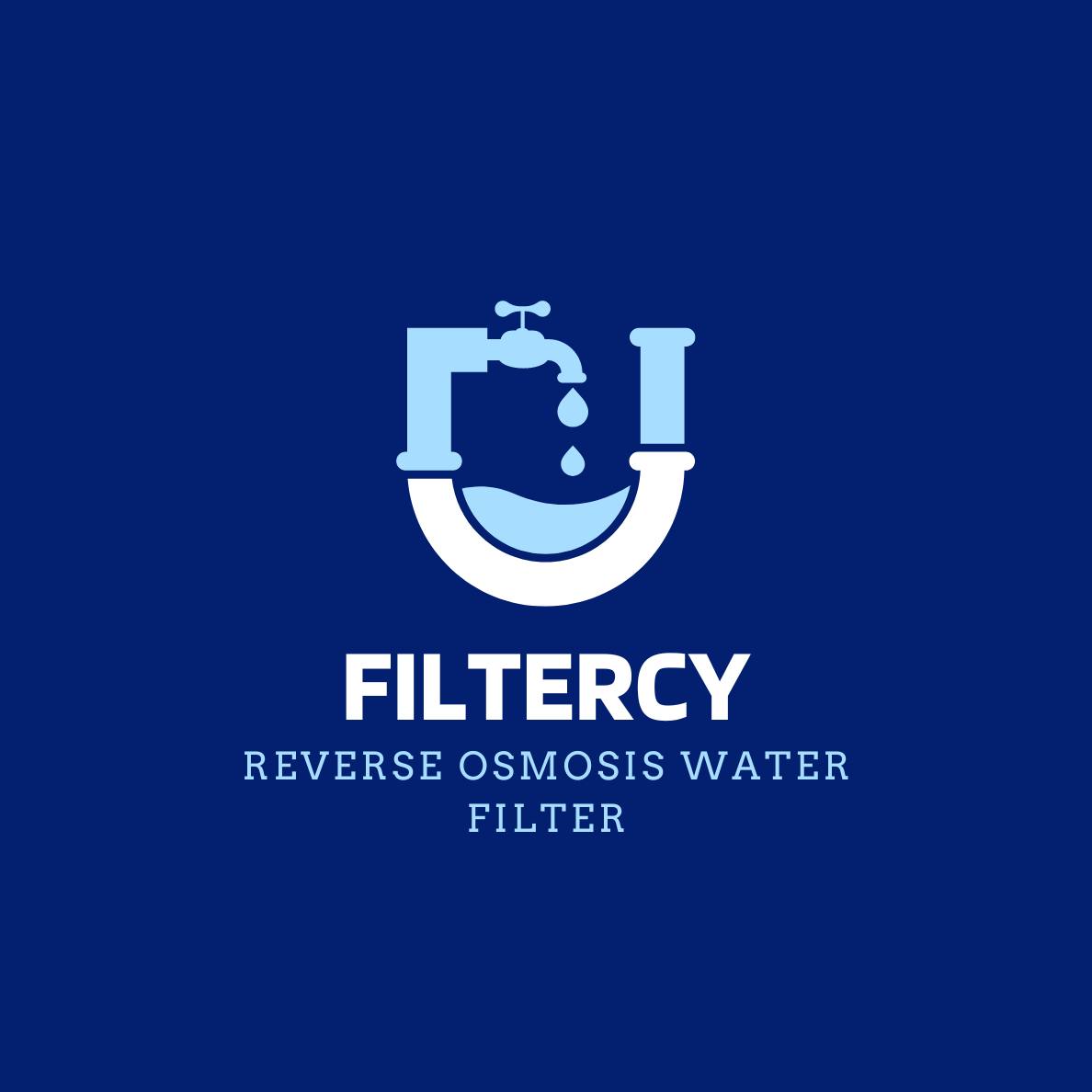
Thank you for your interest in our company!
Fill the form and we will contact you as soon as possible
You agree to our Data privacy

Hard Water and Your Appliances: How to Protect from Limescale
Hard water, rich in calcium and magnesium, can cause significant issues for water-dependent household appliances. These minerals form limescale on heating elements, surfaces, and pipes, shortening the lifespan of equipment and reducing its efficiency. Hard water has a particularly negative impact on devices such as washing machines, dishwashers, boilers, and electric kettles, requiring additional measures for their protection.
In washing machines, hard water contributes to limescale buildup on heating elements and the drum, leading to increased energy consumption and decreased efficiency. The heater has to work longer to reach the required temperature, causing components to wear out faster. Limescale also accumulates in detergent compartments and pipes, making it harder for the detergent to dissolve completely and reducing washing quality. Hard water stains can remain on fabrics, making them less soft and more prone to wear.
Dishwashers also suffer from limescale, which builds up on spray arms, heating elements, and internal surfaces. This not only reduces the machine’s efficiency but can also damage pumps and other important components that need to operate under high pressure. Hard water causes spots and streaks on dishes and glassware, leaving them dull and unattractive. To prevent these issues, it’s recommended to use special dishwasher salts, which soften the water and help protect the machine from limescale.
Boilers are another household appliance that is particularly vulnerable to hard water. Due to high mineral content, limescale quickly builds up on the walls and heating elements of the boiler, increasing the time and energy needed to heat water. Limescale accumulation reduces the boiler’s overall capacity, decreasing the amount of hot water available and making operation less economical. Regular flushing and descaling of the boiler can help address this problem, and installing a water softener or filter significantly reduces limescale buildup.
Electric kettles and coffee machines are also affected by hard water, often showing white or gray deposits inside heating elements. This causes kettles to take longer to heat water, and the taste of beverages may worsen due to the presence of minerals in the water. Limescale in kettles can be easily removed with vinegar or citric acid solutions, which help eliminate the deposits. For everyday use, filtered or softened water can significantly reduce limescale buildup and extend the lifespan of these appliances.
To protect household appliances from hard water, consider installing special softeners or filters that lower mineral levels in the water. There are salt-based and salt-free softening systems available to suit different types of water and needs. Reverse osmosis systems can also help remove minerals from water, making it safe for both appliances and drinking. Regular appliance maintenance, including cleaning and descaling, also helps extend the life of devices and maintain their efficiency.
In washing machines, hard water contributes to limescale buildup on heating elements and the drum, leading to increased energy consumption and decreased efficiency. The heater has to work longer to reach the required temperature, causing components to wear out faster. Limescale also accumulates in detergent compartments and pipes, making it harder for the detergent to dissolve completely and reducing washing quality. Hard water stains can remain on fabrics, making them less soft and more prone to wear.
Dishwashers also suffer from limescale, which builds up on spray arms, heating elements, and internal surfaces. This not only reduces the machine’s efficiency but can also damage pumps and other important components that need to operate under high pressure. Hard water causes spots and streaks on dishes and glassware, leaving them dull and unattractive. To prevent these issues, it’s recommended to use special dishwasher salts, which soften the water and help protect the machine from limescale.
Boilers are another household appliance that is particularly vulnerable to hard water. Due to high mineral content, limescale quickly builds up on the walls and heating elements of the boiler, increasing the time and energy needed to heat water. Limescale accumulation reduces the boiler’s overall capacity, decreasing the amount of hot water available and making operation less economical. Regular flushing and descaling of the boiler can help address this problem, and installing a water softener or filter significantly reduces limescale buildup.
Electric kettles and coffee machines are also affected by hard water, often showing white or gray deposits inside heating elements. This causes kettles to take longer to heat water, and the taste of beverages may worsen due to the presence of minerals in the water. Limescale in kettles can be easily removed with vinegar or citric acid solutions, which help eliminate the deposits. For everyday use, filtered or softened water can significantly reduce limescale buildup and extend the lifespan of these appliances.
To protect household appliances from hard water, consider installing special softeners or filters that lower mineral levels in the water. There are salt-based and salt-free softening systems available to suit different types of water and needs. Reverse osmosis systems can also help remove minerals from water, making it safe for both appliances and drinking. Regular appliance maintenance, including cleaning and descaling, also helps extend the life of devices and maintain their efficiency.
| | Beauty starts with water Discover the many benefits of soft water and pamper yourself every day You agree to our Data privacy |

